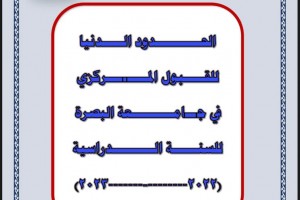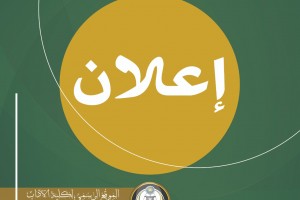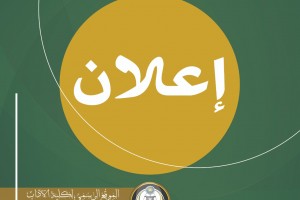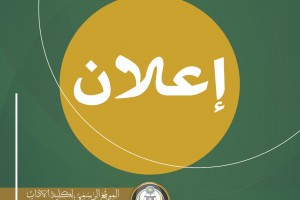
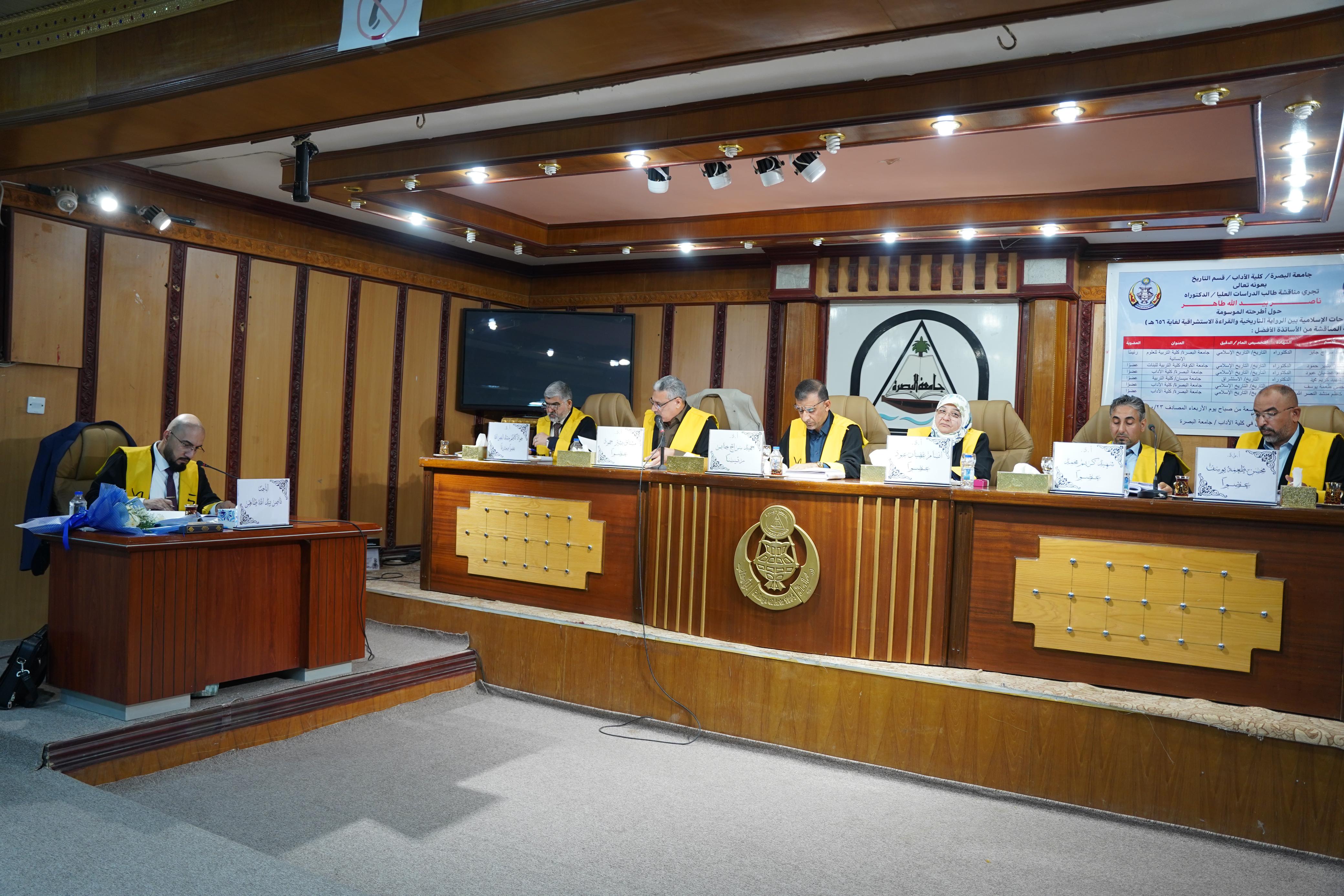
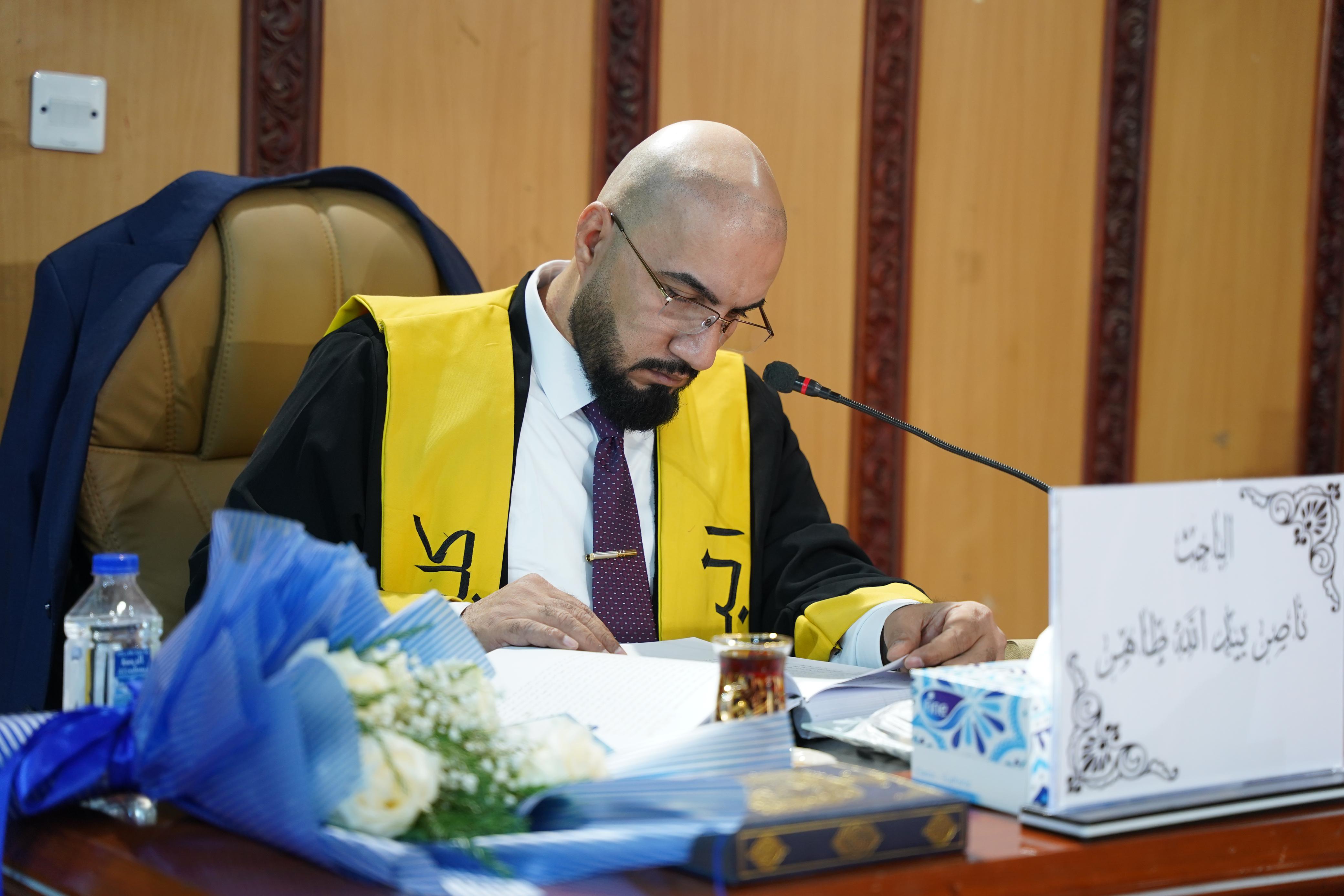
A PhD thesis in the Department of History at the College of Arts, University of Basrah, examined “Islamic Conquests Between Historical Narratives and Orientalist Readings Until 656 AH.
The thesis presented by researcher Nasser Bid Allah Tahir Hussein included four chapters (Islamic conquests between the dialectic of the concept, the reality of the motives, and the importance of the effect, Islamic conquests in the era of prophecy between the exaggeration of the narratives and the reality of the motives and causes, early Islamic conquests, and Islamic conquests in the days of the Umayyads and Abbasids).
The thesis aims to identify the realistic image of the Islamic conquests throughout the ages through studying Arab sources and ancient foreign sources and the opinions put forward by Orientalists, through studying the narratives in an analytical, critical, and comparative manner.
The thesis concluded that the traditional image of the Islamic conquests drawn by previous researchers is far from the historical reality of those conquests. This thesis came with a new reading through a comprehensive, unified view that revealed to the reader that the Islamic conquests were the product of their time, born after the departure of the Prophet Muhammad (PBUH), and had no relation to the era of prophecy. The Arabs in the north of the Arabian Peninsula had begun with invasions that soon turned into conquests when the Arabs and Muslims united at their launch. These conquests included a vast area of land, during which a sprawling empire was formed that established for itself a system and laws of its own and included peoples of different ethnicities. Then that empire turned into disintegrated states




